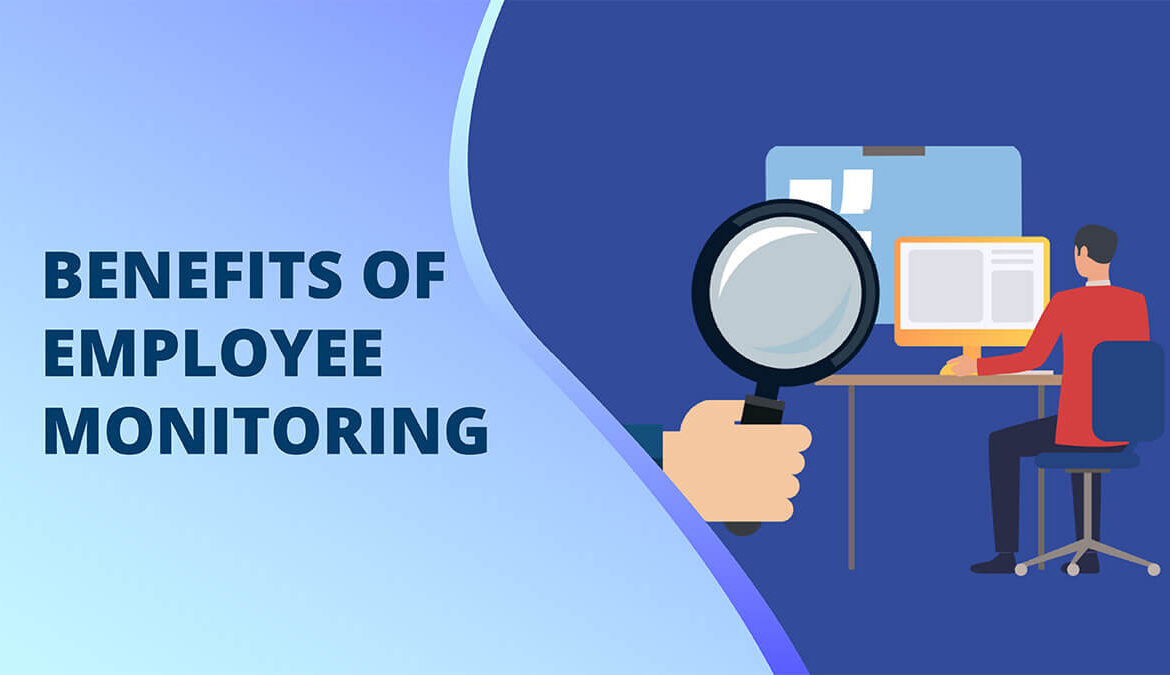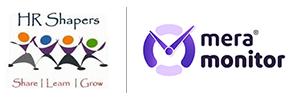Transparency between employers and employees is essential for fostering a healthy, productive work environment. It builds trust, encourages accountability, and drives long-term organizational growth.
Employee monitoring plays a crucial role in enabling this transparency. By providing real-time visibility into employee activities and performance, it strengthens collaboration, improves oversight, and helps managers make informed decisions.
Today, monitoring tools are widely used across industries—from tracking productivity in remote teams to identifying workflow inefficiencies in hybrid workplaces. In fact, recent surveys show that over 60% of organizations now use some form of employee monitoring to enhance performance and operational efficiency.
While there are pros and cons to every tool, this article focuses on the key benefits of employee monitoring—and why it’s becoming a strategic advantage in the modern workplace.
But before diving into the advantages, let’s first understand what employee monitoring actually means.
What Employee Monitoring Refers to?
Employee monitoring involves the systematic tracking and monitoring of employees during work hours. It helps the manager to observe employee’s activities and analyze their overall performance. Also, it helps to ensure that employees are adequately following company policies and guidelines and are not involved in any activity that could hamper the company’s reputation.
Similarly, employees can also keep track of their activities throughout the day and measure their productivity. Collectively, employee monitoring helps both employees and organizations to foster growth and open doors to better opportunities.
There are many ways that you could use to monitor employees. Some of the best-used practices are installing monitoring software into your employee’s devices to keep track of their activities throughout the day.
Necessity of Employee Monitoring
Employee Monitoring contributes a lot to an organization’s discipline, productivity, and security. It serves as a cornerstone to foster a positive work environment and drive success to your business. Also, with the increasing popularity of remote work culture, the utilization of employee monitoring software has emerged as an essential tool for many organizations.
Out of the Multiple purposes served by Employee Monitoring, here are some important ones that make it a necessity for your company.
- Identifying inefficiencies and streamlining workflow.
- Ensuring efficient allocation based on real-time insights.
- Meeting regulatory standards and safeguarding sensitive data.
- Ensuring accurate tracking of working hours.
- Identifying and obstructing unauthorized access and data breaches.
- Providing data for fair performance evaluation.
- Adhering to company policies and addressing misconduct.
- Managing and supervising remote teams effectively.
Now let us begin with the top 11 benefits of Employee Monitoring leveraged by organizations for driving a successful business.
Advantages of Employee Monitoring
-
Productivity Improvement
Monitoring employee activities can help your organization identify inefficiencies, bottlenecks, or time-wasting activities happening within the team. By understanding how employees spend their time, the manager can optimize workflows and increase the overall productivity of the company.
Further, awareness of potential monitoring can encourage your employees to focus on work-related tasks, potentially leading to higher productivity in their personal graph too. -
Enhancement in Employee Engagement and Retention
Knowing that their activities are being monitored, employees are encouraged to stay focused and accountable for their work. This can foster a sense of responsibility and professionalism within your workforce.
Hence with employee monitoring, you can easily enhance engagement and retention within your team -
Easy Access to Troublesome Areas
Monitoring will provide you with real-time insights into areas that may need improvement in the work process followed by your company. It provides quick identification of problematic areas or issues within the workflow.
Employee monitoring will help your organizational team address concerns promptly, preventing potential bottlenecks or disruptions in productivity. This contributes to a more agile and responsive organizational structure in your company. -
Allows You to Inspect Suspicious User Activity
Employee monitoring can help you protect sensitive company information and prevent unauthorized access or data breaches. It can also deter employees from engaging in malicious activities or sharing confidential information without involving the company heads. By having access to certain files and monitoring, you can enhance data security and protect the company from potential threats. -
Project Management Effectiveness
Tracking employee activities aids in successful project management, allowing managers to monitor progress, identify potential issues, and allocate resources effectively. It also helps you to ensure that your teams stay on schedule to deliver the project on time. Employee Monitoring has proved valuable, especially for complex projects with multiple contributors. -
Improvement in Quality Control
Employee Monitoring tools can be used to assess the quality of work provided by the employees and identify the areas that need improvement. It ensures that employees meet the desired project quality standards.
Detailed evaluation of work quality can be valuable in industries where quality control is crucial, helping to identify and rectify issues before they affect the final product or service. -
Easily Manageable Business Processes
Monitoring tools can contribute to more accurate and data-driven performance reviews. Managers can use data on employee activities and achievements to provide constructive feedback and set performance goals. Further, it can provide a basis for recognizing and rewarding high-performing employees. By objectively assessing performance metrics, employers can implement fair reward systems and acknowledge employees' contributions. -
Ease for The Reallocation of Resources
By analyzing employee work patterns, employers can make informed decisions about resource allocation. Organizations can optimize resource utilization by understanding how employees utilize tools, software, and equipment. This information can guide decisions on upgrading technology or reallocating resources to areas of greater need. -
Prepare and Maintain Corporate Policies
Monitoring can help ensure that employees adhere to corporate policies and comply with industry regulations. It provides a way to track and enforce guidelines related to data security, ethical conduct, and legal compliance. Also, with detailed information in hand, you can prepare and modify corporate policies at any point in time. -
Effective Tracking of Attendance and Effort
Employee monitoring systems, such as time-tracking software or biometric attendance systems, help organizations accurately track employees' work hours and attendance. This ensures compliance with work schedules and enables fair compensation for the time worked. Also, it can provide insights into the actual effort employees invest in their tasks. This helps you identify high-performing individuals and ensure that everyone contributes to the best of their abilities. -
Increased Revenue
Improved efficiency and productivity resulting from monitoring can lead to cost savings for the organization. By identifying and addressing inefficiencies, you can optimize your business operations and reduce unnecessary expenses. Thus, employee monitoring can help companies generate more revenue.
Is it Legal to Monitor Your Employees?
There is always a question that arises whether it is legal to monitor employees or not. The answer to this question depends on certain factors, which we will be discussing below:
Location: Laws vary greatly by country and even state/province. You need to check employee rules and regulations for your region.
Type of monitoring: Video surveillance, email monitoring, internet activity tracking, keystroke logging, etc. All these monitoring have different regulations.
Purpose of monitoring: Is it for legitimate business reasons like security, productivity, or preventing theft? Or is it for more intrusive purposes?
Employee notification: Are employees informed in advance about being monitored and the extent of that monitoring?
Employee consent: In some cases, consent from employees might be required.
Points to consider while opting for employee monitoring:
- Always consult with a legal counselor familiar with employment laws in your jurisdiction before implementing any employee monitoring program.
- Develop a clear and comprehensive employee monitoring policy that outlines the types of monitoring conducted, the purpose, how data is stored and used, and employee rights.
- Make sure employees are aware of the policy and have the opportunity to ask questions.
- Create a balance for employee monitoring by becoming aware of their privacy concerns.
Wrap Up
Now that we have covered everything essential about employee monitoring and its advantages, it is evident that when utilized ethically and with purpose, it can significantly contribute to a company’s growth.
Whether you are a business owner or an employee, recognizing the benefits of employee monitoring and implementing them in your workplace can nurture a more efficient and harmonious environment. Careful evaluation of employee performance and productivity is beneficial for both companies as well as employees.
 Gift Card ₹999
Gift Card ₹999



